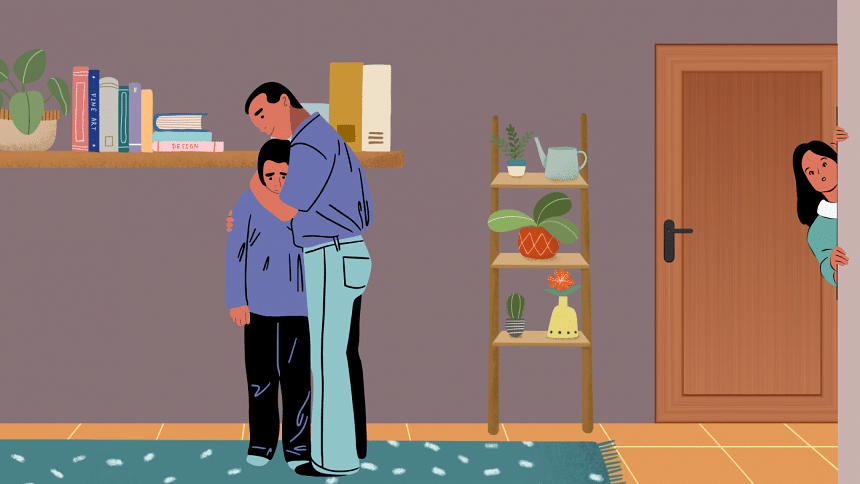Lecture vs storytelling: The dos and don’ts of parenting

Children will test your patience in more ways than one, and on more days than one. They will squabble, irritate others, eat more sweets than necessary, get terrified of doctors and darkness, and so on and so forth. And for all these diverse problems under the sky, parents have but one solution: lecture. But is having a lecture for each incident all that handy? Research says, storytelling is a better option.
Laying out the facts, explaining the logic of things and having a "grown up conversation"- that should be way of things, shouldn't it? Experts say no. It gets you the correct response on paper, that is true. "I won't do it again," "I will not be afraid anymore," and "I will not eat sweets anymore," are all model responses but unfortunately, unless it registers in their little brains, the lines are empty.
Experts have a very simple solution to this vast and diverse problem. Instead of a blanket lecture, they suggest to use storytelling. The method is so effective and so basic, it's a wonder it is not used more widely.
Storytelling is a delightfully creative way of conveying a message and neuroscience says that our brains are wired for it. Think about all the conversations you have had today. Most of what you conveyed to others has been in the form of stories. This is because we make sense of our realities through them. And so do children.
Parents often fear how making up stories will go down with their children. Will they get a good enough reception? Will the children scrunch up their noses and call the stories downright stupid? Well, there's no way of knowing unless they start telling them. Parents need to jump right into it and keep making it up until they reach the point they are trying to make. According to child experts, the anecdotes do not need to be insightful or profound either. Children simply need to see their parents make an effort.
The benefits are expansive. Children internalise major concepts such as empathy and integrity and learn better communication, expression and divergent thinking through imagination — an answer to all those problems that lecturing could not solve. They learn how to be curious which is an invaluable skill for when they are expected to do their own research, a few years down the line. They learn to focus on something for longer and this makes them patient listeners and open to other peoples' opinions- all important social skills. Storytelling can also boost retention and memory, aiding them in future academic learning.
Above all else, storytelling makes for enjoyable and quality time with children — far more personal than a gadget, and far warmer than a lecture. It comes down to their level, fortifies the parent-child bond and makes for some of the sweetest childhood memories for both parent and child.

 For all latest news, follow The Daily Star's Google News channel.
For all latest news, follow The Daily Star's Google News channel. 








Comments